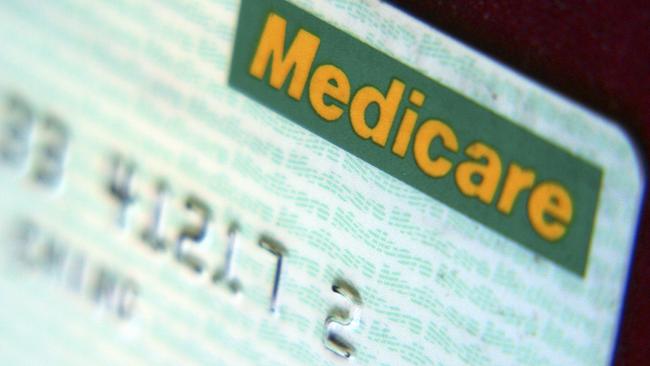Some regional patients are waiting as long as six weeks to see a GP
Patients in some regional areas are waiting as long as six weeks to get an appointment with their GP, with the tripling of the bulk billing incentive unlikely to present a substantial fix to the chronic doctor shortage in the bush.

Patients in some regional areas are waiting as long as six weeks to get an appointment with their GP, with the tripling of the bulk-billing incentive unlikely to present a substantial fix to the chronic doctor shortage.
As Anthony Albanese lauded the introduction of the higher bulk-billing incentive for patients who required complex care, a new report found chronic disease accounted for most healthcare costs and the burden of complex illness was rising rapidly in young people.
The Westfund Regional Health Gap Report analysed access to doctors in a range of large regional towns in NSW and Queensland. Westfund is a not-for-profit health insurer.
The report, compiled with Insight Actuaries, found 15 per cent of people in the seven towns routinely waited three weeks for a GP appointment. Many people said they deferred care or ignored their health conditions because it was so difficult to get in to see a doctor.
Access to healthcare outside of hospitals, including GPs, specialists and allied health, was worst in Mudgee in NSW, where there were only 14 ancillary service providers per 1000 members of the health fund. Bathurst, Dubbo and Orange also struggled to attract enough healthcare workers.
There was also a marked difference in the burden of disease between regional towns, with Mackay and Townsville in north Queensland experiencing a significant burden of disease, largely from Type 2 diabetes, which is a national epidemic.
The report found most hospital claims were made by just 15-20 per cent of its membership, and in any given year nearly all of the costs for hospital services were spent on less than 5 per cent of the total membership of the fund. Costs are escalating as a result of deferred healthcare.
“People are finding it very difficult to access services,” Westfund chief executive Mark Genovese said.
“So what are they are doing is they’re either travelling, or they’re deferring or delaying healthcare, or not getting things done at all. So when they actually do get looked at it’s a more serious condition.”
The report comes as doctors’ groups welcomed the introduction on Thursday of a new higher Medicare rebate for children under 16, pensioners and other commonwealth concession cardholders, designed to boost rates of bulk billing.



